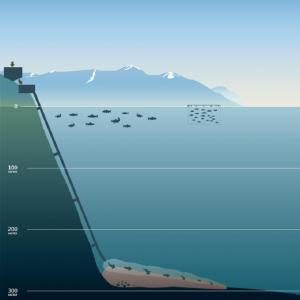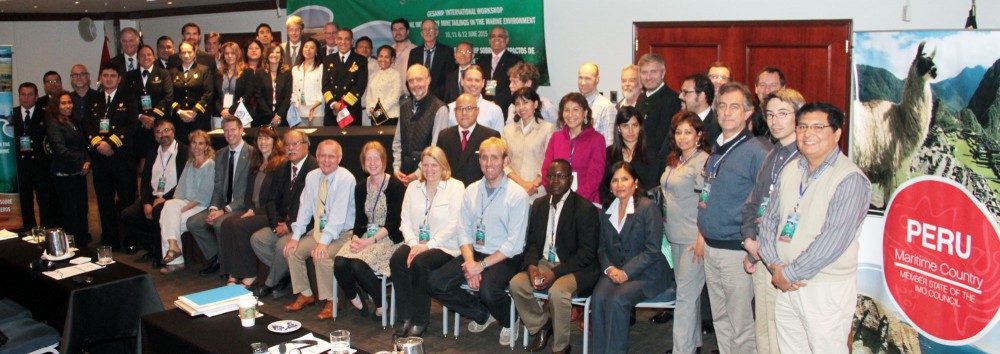The Issue: Terrestrial mining activity produces large volumes of waste, formed by the non-processed rock from overburden or access tunnels and shafts, and by the processed tailings. Tailings are the waste produced after extraction of the targeted metal from the ore through crushing and milling. This process produces particles that consist of one mineral and separates the minerals by their physical or surface characteristics. This fine-fraction slurry waste usually accounts for a high proportion of the waste disposed of in a terrestrial mine.
Traditionally, tailings have been stored in land dams, but the lack of land availability, potential risk of dam failure, geological instability and topography in coastal areas in certain countries makes consideration of disposal of tailings into marine systems, a process usually known as Deep-Sea Tailings Disposal (DSTD) attractive for some. However, there are many critical issues that must be understood in relation to the existing receiving environment and the potential impacts of a proposed DSTD operation (including abiotic and biological processes). This results in the need for comprehensive, and often multi-phase studies as part of the assessment of a proposal for DSTD, particularly in poorly known deep-sea ecosystems.
The Working Group: The DSTD working group was established to provide an international platform to promote discussion and communication amongst stakeholders to deliver guidance on issues related to DSTD.
Current Activities: The Working Group is currently undergoing internal review and is inactive at this time. Please re-visit this page in the future for further updates on the activities and direction of this group. The Working Group has links with the GESAMP (Joint Group of Experts on the Scientific Aspects of Marine Environmental Protection) Working Group on the impacts of wastes and other matter in the marine environment from mining operations, including deep-sea mining (WG 42, http://www.gesamp.org/newly-established-gesamp-working-group), led by Dr Tracy Shimmield. A report is due in early 2022.



